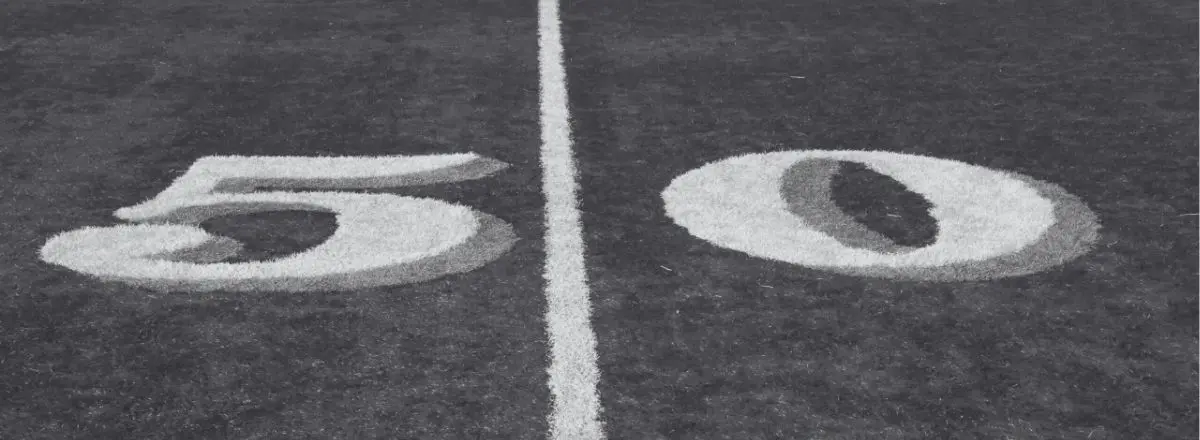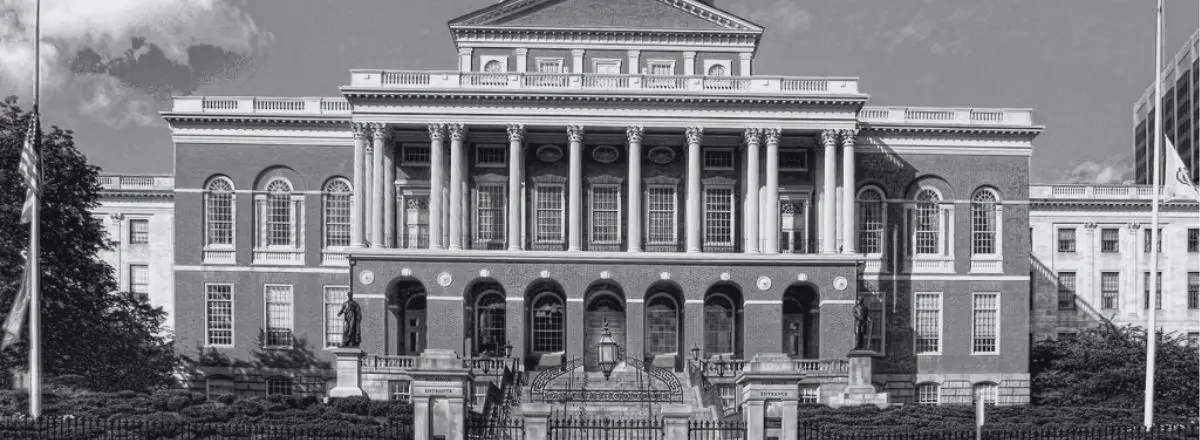With Idaho sports betting legalization nowhere in sight, plenty of residents inside The Gem State are on the prowl for alternatives. This has previously meant signing up with offshore sports betting sites. These days, though, it can also mean investing in prediction markets.
If you are not familiar with sports prediction markets, well, you are not alone. They are relatively new to the mainstream discourse. Even as legal online sports betting in the United States gains momentum, these companies are gaining popularity because they offer the opportunity to invest in other events. This includes stock-market outcomes, elections, and other things as well.
Typically, these gambling substitutes do not fly in The Gem State. Their stance against sports betting in Idaho is not specific to that one industry. The state opposes all forms of gambling. This encompasses popular alternatives like Daily Fantasy Sports, Sweepstakes Casinos, and even some forms of pari-mutuel wagering.
By this logic, Idaho prediction markets should be a no-go as well. And yet, they are not.
Kalshi, Inc. is a well-known “American financial exchange and prediction market based in New York City, offering event contracts,” according to its website. Basically, they are among the primary providers of prediction markets. They advertise themselves as bringing “100 percent legal sports trading to all 50 states.” In essence, they deliver Idaho sports betting services—just don’t call it Idaho sports betting out loud.
Why Don’t Prediction Markets Fall Under the Idaho Sports Betting Umbrella?
This is an excellent question that many are asking. We are not talking solely about the Average Joe or Jane, either. Many industry experts and insiders do not understand the difference. Companies like Kalshi, though, believe there’s a stark contrast between, say, Idaho sports betting and Idaho event contracts.
Here is Nitish Pahwa of Slate with more on the prediction-market logic:
“Kalshi argues its offerings are trades on sports outcomes, not bets, and should therefore be regulated by federal, not state, law. (Basically: In a typical casino setup, the house controls the stakes. A prediction market, by contrast, adjusts prices based solely on public participation.) If its all-but-legal ‘events contracts’ are to be applied to professional-game outcomes and legally deemed to be materially different from the process that undergirds apps like BetMGM, then Kalshi can hardly be limited by the same terms governing other sports-betting apps—and the whole gambling space will be even more of a Wild West than it is now.”
Using this logic is sketchy at best. Then again, that may be the entire point. Much like Daily Fantasy Sports sites before them, prediction markets exist in a gray area. They are not explicitly legal, but they aren’t outright illegal, either.
Naturally, this isn’t flying with operators of sports betting apps in the United States. They argue that prediction markets and companies like Kalshi are infringing upon their space, and doing so illegally. State policymakers seem inclined to agree. We are seeing an increasing number of places take aim at anyone offering event contracts. Though the discussion is not yet being approached from an Idaho sports betting and gambling perspective, it seems like only a matter of time. Prediction markets are becoming that prevalent.
Action is Being Taken Against Prediction Markets with Increasing Frequency
Case in point: The number of states that are trying to extricate prediction markets from their jurisdiction is on the rise in 2025. And yet, this action is largely to no avail. As David Purdum and Shwetha Surendran of ESPN report:
“Gambling regulators, mindful of their tax revenue, say both instances are sports betting, a business that requires a license from the state to operate…Kalshi has so far deflected legal challenges. Seven states have sent cease-and-desist letters to the company in recent months, alleging that its activities violate state law. In response, Kalshi has taken three state regulators to court, arguing that the company does not fall under their jurisdiction because it is a financial exchange, not a sportsbook. Judges ruled in favor of Kalshi in Nevada and New Jersey, allowing the company to continue offering sports contracts in two of the largest legal betting markets in the nation while the lawsuits are ongoing.”
This is an absolutely huge development not being talked about enough. New Jersey and Nevada the original sports betting markets in the United States. If judges are ruling in favor of companies like Kalshi there, it sets a complicated precedent elsewhere.
Maryland sports betting regulators, for example, remain outspoken against event contracts. At this point, it is tough to see them winning any legal argument. The same holds true for other states.
Could This Open the Door to Idaho Sports betting?
In some ways, The Gem State may have an easier time fighting prediction markets than their peers. Again, their stance isn’t against Idaho sports betting specifically. It is again all gambling.
Yet, therein lies the problem: Event-contract providers insist they do not offer gambling services. These are instead, they say, what should be classified as federally regulated trades. The more states in which this holds up, the harder it gets for others to push back.
At some point, you cannot help but wonder whether policymakers might embrace Idaho sports betting legislation to counteract the effect. The state at least gains more regulatory control over this scenario. That includes the ability to assess higher tax rates.
Sure, this amounts to the same ol’ “Idaho sports betting is happening already, so why not legalize it” logic. But it’s also different. It would not be a reaction to offshore Idaho sports betting business. It would be a response to something considered legal, or at least not illegal, providing a loophole to Idaho sports betting law.
With all of this said, it’s tough to say whether The Gem State will take any form of action. More studies must be done on how much money is potentially being spent on Idaho prediction markets. Even then, there’s no guarantee lawmakers take action. Their stance against gambling is, historically, that strong.
Still, the rise of what is, at the bare minimum, an adjacent industry the state can’t regulate is nothing if not a potential catalyst for change. So don’t be surprised if Idaho sports betting becomes a hotter topic over the next year or so.
Take a look at this list of the top online sportsbooks so you can find one that works for all of your sports betting needs:
-
EXCLUSIVE BONUS
 50% bonus up to $250Play Now
50% bonus up to $250Play NowT&C apply, 18+, Play responsibly
-
EXCLUSIVE BONUS
 125% up to $1,250Play Now
125% up to $1,250Play NowT&C apply, 18+, Play responsibly
-
EXCLUSIVE BONUS
 225% up to $3,625Play Now
225% up to $3,625Play NowT&C apply, 18+, Play responsibly
-
 50% bonus up to $250Play Now
50% bonus up to $250Play NowT&C apply, 18+, Play responsibly
-
 125% up to $2,500Play Now
125% up to $2,500Play NowT&C apply, 18+, Play responsibly












